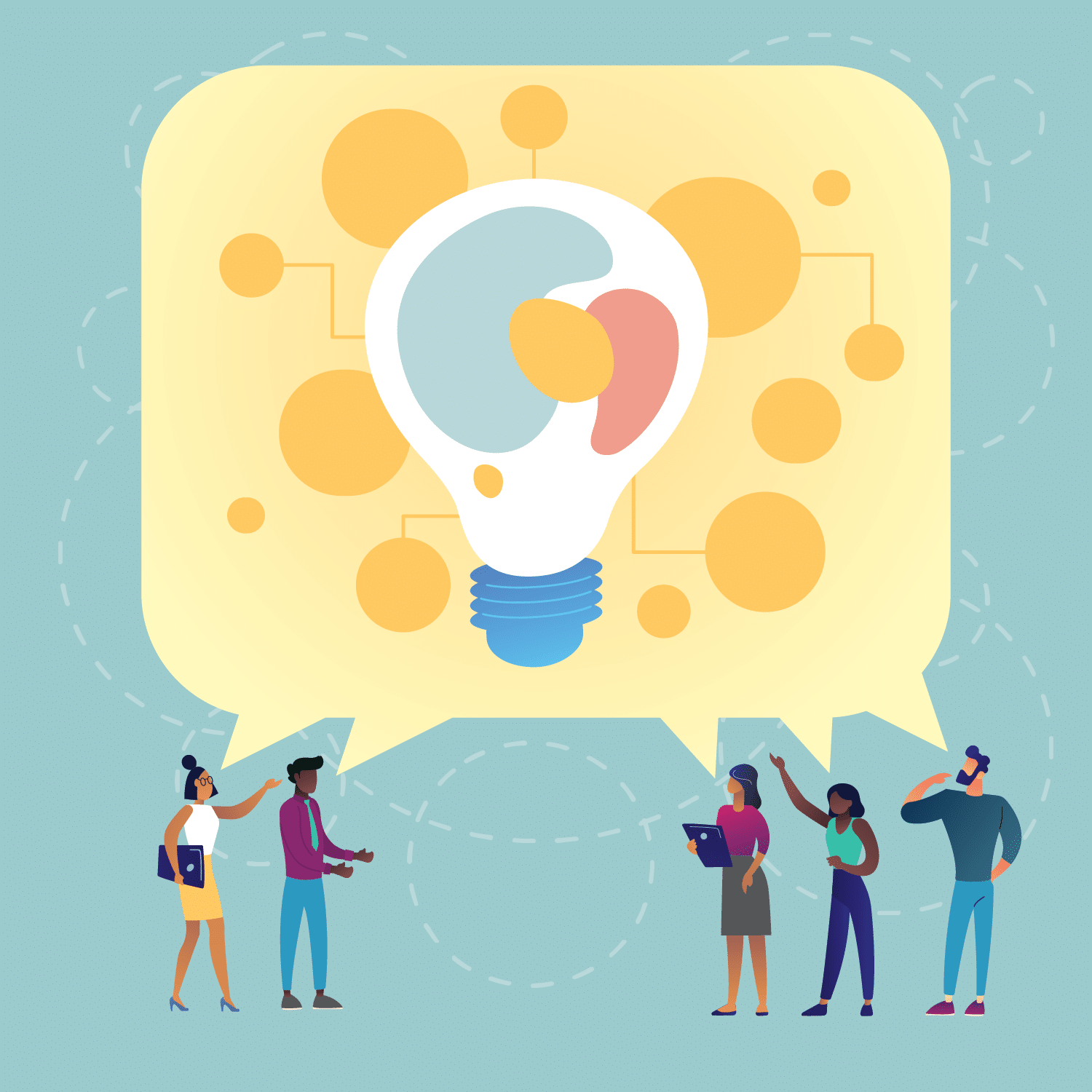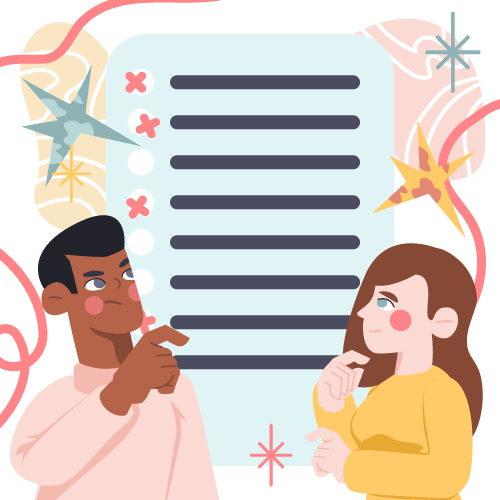When ranking your employees’ favorite parts of the learning and development process, assessment isn’t typically at the top of the list.
When assessment is used solely as a measuring stick for learner mastery and corporate benefit, it can be a stressful part of the learning process. Naturally, you’ll want to see how effective your learning initiatives are by evaluating the end result, but assessments shouldn’t be viewed through an organizational lens alone.
Learning assessments are more impactful when approached as a tool that prioritizes the learner. Sweeping generalizations or simply assessing a pass or fail doesn’t give the personal feedback that elicits true change and development as part of the learning process. When creating a new corporate training or learning program, building meaningful opportunities for assessment and reflection gives learners the chance to apply their knowledge and build confidence in new skills.
A true assessment of learning and development benefits your entire team as learners address their weak spots, create strong foundations, and align their growth with your organization’s overall training goals.
Examples of Learning Assessments
When you think of assessments and analytics, a few usual (and mostly uninspiring) suspects probably come to mind. An end-of-course test, for example, acts as a method for learners to prove their proficiency after clicking through a training program. These off-the-shelf assessments might give you some information, but they don’t really paint a full picture of mastery, nor are they particularly valuable for individual learners. A test can tell you what the learner got wrong or right, but it can’t identify individual ways to improve or help learners demonstrate new and practical skills.
Building impactful assessments for eLearning means thinking beyond the pop quiz and starting long before the end of a course. Here are some of our favorite types of learning assessments to inspire learners that really want to get it right.
5 Tips for More Impactful Learning Assessments
Assessments for corporate learning don’t always have to be a direct line from cause to effect. Training ROI has always been notoriously difficult to track, so you’ll need a more holistic approach to fully grasp the spectrum of growth and development after a new training initiative. Here are some of the best ways to make your assessments more meaningful, human, and effective.
#1 – Set clear expectations.
Give learners an idea of what they can expect along their learning path. If you intend to test at the end of each module, tell learners so they understand those assessment parameters before getting started. Use a progress map or slider bar to show proficiency expectations and give a visual representation of their progress. That way, if they fall short, they’ll know where and when they need to improve.
#2 – Create adaptive assessment opportunities.
Approach assessments as part of an individual measure, rather than a static feature. Instead of a linear learning path, allow assessment results to prescribe a more individual path; learners can skip ahead when they’ve already mastered a skill or double back to focus on weaker topics, for example. Assessments should serve as a way to keep users moving forward to their learning target, even if the path requires a detour or shortcut along the way.
#3 – Switch up assessment types.
Utilize different types of assessments to keep learners engaged and constantly receiving new insights for more impactful experiences. Taking the same true or false quiz at the end of each chapter might prove proficiency, but it doesn’t do much for engagement. Switch it up and use the assessment types that will deliver users the best, most meaningful feedback you can offer.
#4 – Give real-time feedback.
Don’t wait until the end of a training program to tell learners how they did. Real-time feedback is one of the most effective tools in helping to adapt their behavior and build stronger foundational knowledge. The combination of motivation and course-correction makes real-time feedback more inspirational than generic scores or a simple pass or fail.
#5 – Analyze the results.
Offering more impactful learning assessment opportunities puts the individual learner at the center of each program and allows you to focus on personalized paths and outcomes. Still, those same assessments offer valuable analytics for your organization, so don’t miss the opportunity to view assessments from an executive lens as well. Whether you collect assessment results through your LMS or utilize surveys and team feedback, the more meaningful the personal assessments are to each learner, the more valuable the data is for your entire organization.
Assessments don’t have to be designed around yes and no, right and wrong, or true and false. By thinking beyond traditional assessment methods and taking a more individual approach to training evaluation, your learners get more out of every topic.
Make assessments for eLearning more meaningful by putting less emphasis on the right and wrong of it all; focus more on growth and development so each assessment is more motivational tool than measuring stick.






